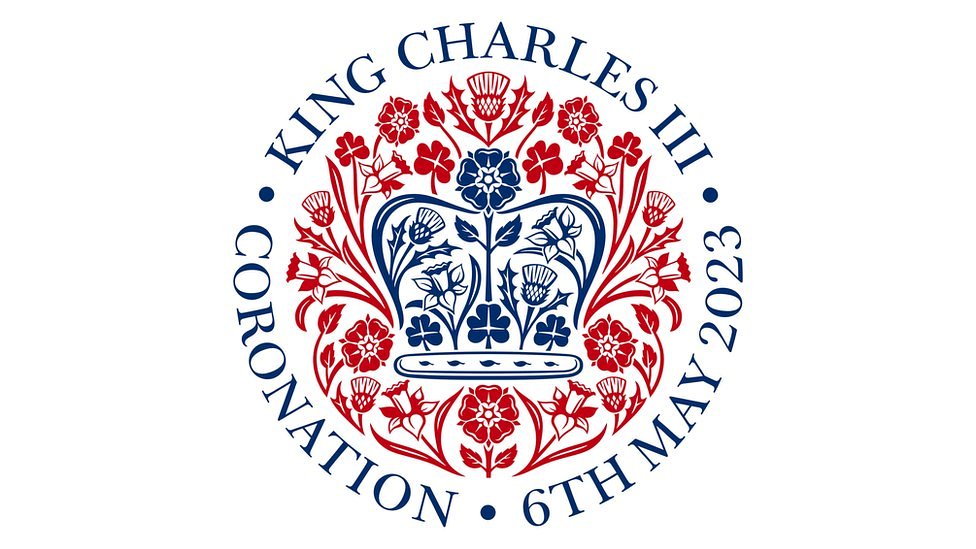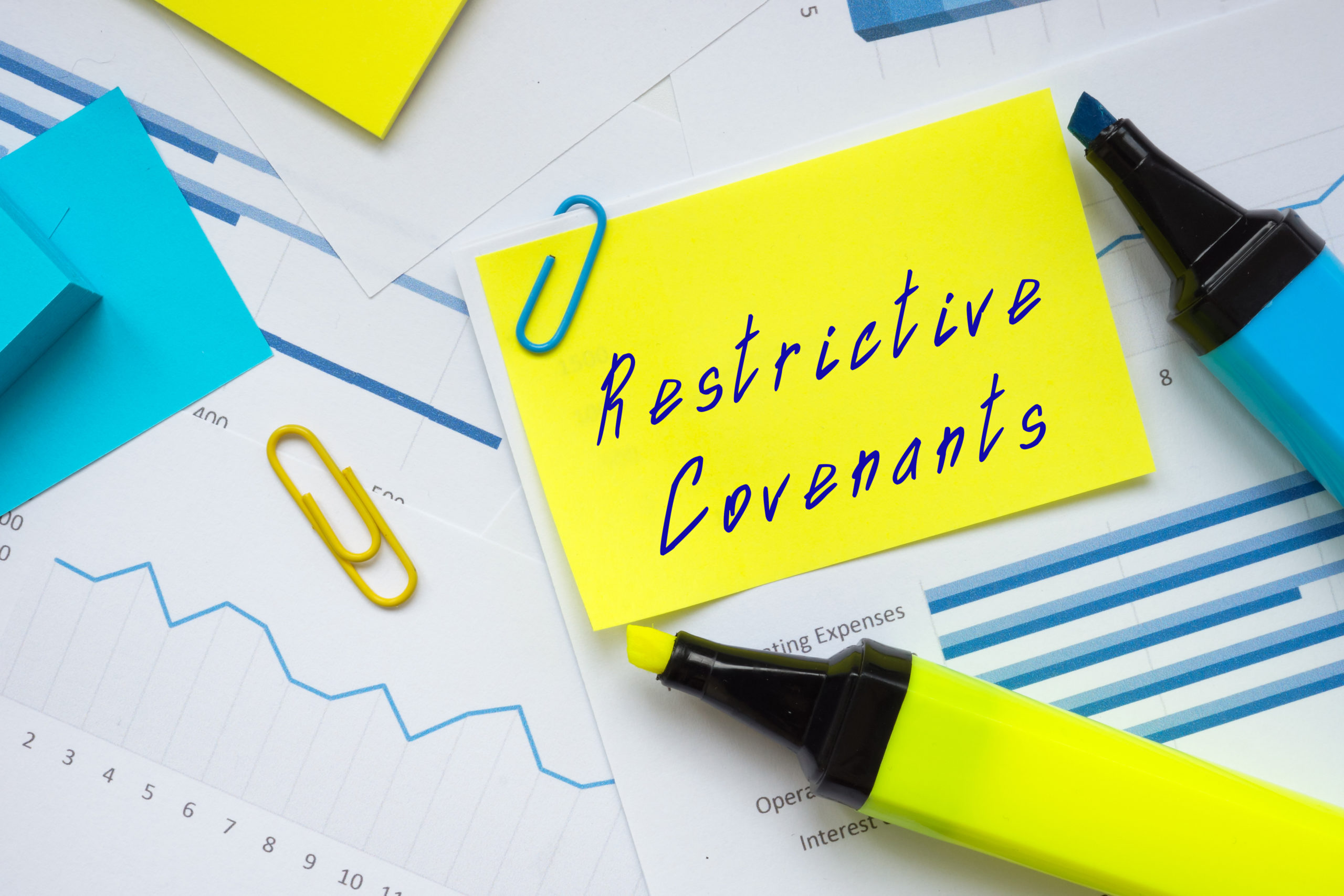Not so Model Articles – Hashmi v Lorimer-Wing 2022
The recent High Court judgement in Hashmi v Lorimer-Wing has cast doubt over the effectiveness of the Model Articles for limited companies with a single director. However, what does this mean for owner run businesses or those which prefer a sole director in office and how can any risk regarding the interpretation of the Model Articles be mitigated? Here, Jack Kimberley discusses the issues raised and the key takeaways from the Hashmi v Lorimer-Wing judgement.
Articles
Articles of association are the principal constitutional document of any company, serving as a statutory contract between its shareholders, themselves and between each respective shareholder and the company to which they relate. They are a publicly available document that regulates how a company is run and the procedures which need to be undertaken should management disagree on a specific course of action.
Being the backbone document of a company’s internal governance; governing directorate-level decision making and the processes in which directors engage with the shareholders of the company, it is of paramount importance that they function as intended.
Moreover, aligning such terms with the commercial realities of the business to which they relate must be borne in the mind of any company, whether at incorporation or when amending existing articles to better match the fast-moving corporate landscape.
The Model Articles contained within the Companies Act 2006 replaced the previous Table A articles as the default articles of association which may be adopted upon incorporation of a limited company in England and Wales. Model Articles are fairly generalised and act as a ‘one size fits all’ document for limited companies, often being used in a company’s infancy prior to any complex developments in its share capital or decision-making structure.
With over 810,000 limited companies being incorporated between 2020 & 2021 alone (statistics from Gov.uk), many of which would have adopted these default articles, ensuring that they operate as intended is of equal importance to small and large companies alike.
Judgement
The integrity of the Model Articles was brought to question in the recent High Court decision in Hashmi v Lorimer-Wing [2022] EWHC (Ch), whereby the interaction between Model Article 7(2) and Model Article 11(2) was contested alongside the operation of a bespoke-drafted Article 16.
Article 7(2) states that sole director companies whose articles do not contain a provision requiring any more than one director are not subject to the general rule contained within Article 11(2), namely that the quorum for board meetings is fixed at two directors.
The issue came with the operation of Article 16, which was previously drafted and inserted into the company’s articles of association. It functioned to fix the quorum for meetings of the board to two directors, contradicting Model Article 7(2). Mr Farnhill DJ applied a common-sense line of reasoning in finding that a provision requiring at least two directors required the company to have two directors when managing its affairs.
Whilst the spotlight was largely focussed on the bespoke Article 16 and the operation thereof, the principles underpinning Mr Farnhill DJ’s judgement apply similarly to Model Article 11(2), whereby upon applying his reasoning in the absence of any bespoke article, Model Article 11(2) requires the presence of two directors as a minimum for any such meetings of the board to be deemed quorate.
Why this matters
The key takeaway from this judgement is that the Model Articles for limited companies are not suitable for adoption by a sole director, as was once believed. Thus, sole directors are advised to amend Model Articles to enable a single director to form a quorum and thus make valid decisions on behalf of the company. It is important to note that this will be required whether on incorporation of a limited company or amendment of their existing registered articles of association.
Another important element to the judgment is that a sole director making decisions on behalf of a company with Model Articles will prima facie be acting ultra vires when taking decisions on behalf of such company other than those permitted under Model Article 11(3); namely appointing or arranging for the shareholders to appoint further directors.
Should a sole director have made ultra vires decisions previously, they should seek ratification by the company’s respective shareholder(s) of these decisions in order to validate them and to ensure a properly authorised audit trail is in place.
Next steps
If you are sole director company and would like advice as to how you can ensure that your articles of association are appropriate for a single-officer structure in light of Hashmi v Lorimer-Wing, then do not hesitate to get in touch with our Head of Corporate, Jim Truscott at Jim.Truscott@beyondcorporate.co.uk
By Jack Kimberley















































































